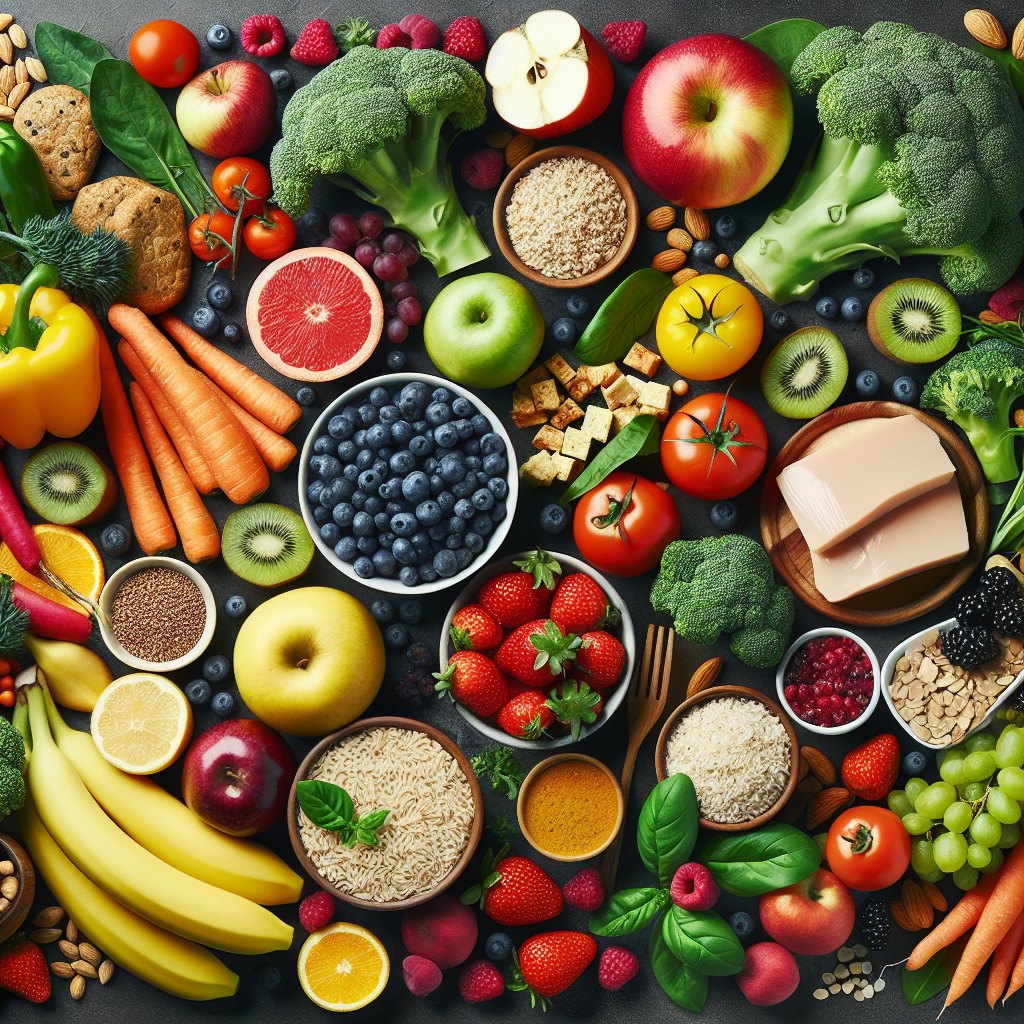The Role of Macronutrients in Weight Management and Energy Levels
When it comes to weight management and sustained energy levels, the role of macronutrients in our diet cannot be overstated. A balanced diet that incorporates the right proportion of macronutrients – carbohydrates, proteins, and fats – is crucial for achieving and maintaining a healthy weight while ensuring optimal energy levels throughout the day.
Carbohydrates are the body’s primary source of energy, providing fuel for physical activity and essential functions. However, the type and quality of carbohydrates consumed play a significant role in weight management. Whole grains, fruits, and vegetables offer complex carbohydrates that are digested more slowly, providing a steady release of energy and promoting feelings of fullness, while refined carbohydrates like white bread and sugary snacks can lead to rapid spikes in blood sugar levels, followed by energy crashes and increased hunger.
Proteins are essential for building and repairing tissues, including muscle, and are also important for the production of enzymes and hormones. Including lean sources of protein in meals and snacks can help maintain muscle mass, promote feelings of fullness, and support a healthy metabolism, all of which are beneficial for weight management and energy levels.
Fats are another vital macronutrient that often gets a bad reputation. Healthy fats, such as those found in avocados, nuts, and olive oil, are crucial for nutrient absorption, cell maintenance, and the production of hormones. Additionally, they can contribute to satiety and help prevent overeating, ultimately supporting weight management and providing a sustained source of energy.
By consuming a balanced diet that includes the right mix of carbohydrates, proteins, and fats, individuals can optimize their weight management efforts and sustain steady energy levels throughout the day.
Understanding the Importance of Micronutrients in a Balanced Diet
Understanding the importance of micronutrients in a balanced diet is crucial for managing weight and maintaining optimal energy levels. While macronutrients like carbohydrates, proteins, and fats are often in the spotlight, micronutrients play a significant role in overall health and well-being.
Micronutrients, including vitamins and minerals, are essential for various physiological functions, such as supporting metabolism, immune function, and cellular repair. For example, vitamin D helps regulate metabolism and supports immune function, while iron is critical for oxygen transport and energy production. These micronutrients are not produced by the body and must be obtained through a balanced diet.
Incorporating a variety of micronutrient-rich foods, such as fruits, vegetables, whole grains, lean proteins, and dairy products, is vital for ensuring that the body receives an adequate supply of essential vitamins and minerals. Deficiencies in micronutrients can lead to fatigue, weakened immunity, and other health issues, impacting weight management and energy levels negatively.
Furthermore, understanding the role of micronutrients in a balanced diet can help individuals make informed food choices and prevent the overconsumption of empty calories. By prioritizing micronutrient-rich foods, individuals can promote satiety, optimize nutrient intake, and support overall health, ultimately contributing to effective weight management and sustained energy levels.
In conclusion, recognizing the significance of micronutrients in a balanced diet is paramount for achieving and maintaining a healthy weight and optimal energy levels. Prioritizing a wide array of micronutrient-rich foods can have a profound impact on overall well-being and is essential for long-term health and vitality.
Practical Tips for Maintaining a Balanced Diet for Optimal Health
Maintaining a balanced diet is crucial for weight management and sustained energy levels. By incorporating nutrient-dense foods into your daily meals, you can optimize your health and well-being. To achieve this, consider the following practical tips for maintaining a balanced diet:
1. Prioritize Whole Foods: Incorporate plenty of fruits, vegetables, whole grains, lean proteins, and healthy fats into your meals. Whole foods are rich in essential nutrients and can help you feel full and satisfied.
2. Portion Control: Be mindful of portion sizes to avoid overeating. Using smaller plates and being attentive to hunger cues can support portion control and prevent excessive calorie consumption.
3. Hydration: Stay hydrated by drinking an adequate amount of water throughout the day. Sometimes, feelings of hunger are actually signs of dehydration, so reach for water before reaching for a snack.
4. Balanced Snacking: Choose nutritious snacks such as nuts, seeds, yogurt, or fresh fruit to keep energy levels stable between meals. Avoid processed snacks high in added sugars and unhealthy fats.
5. Meal Planning: Plan your meals in advance to ensure that you have a variety of nutrient-rich foods available. This can help prevent impulsive, unhealthy food choices when hunger strikes.
By implementing these practical tips, you can support weight management and sustain optimal energy levels through a balanced diet. Prioritizing whole foods, portion control, hydration, balanced snacking, and meal planning are key components of maintaining a nutrient-dense diet for overall health.









